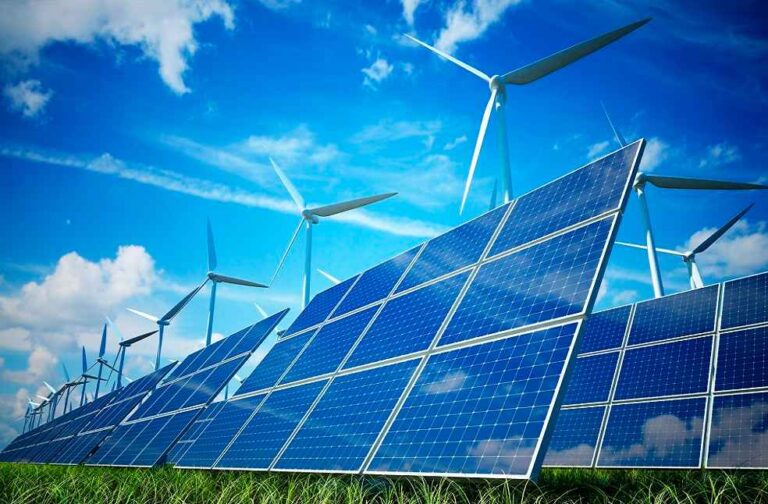In Nigeria, approximately 71% of the population lacks access to modern energy services, impacting health, education, and economic development. As the largest economy in Africa, Nigeria has vast natural resources, including oil and gas. The government has set a goal to achieve universal energy access by 2030 and is implementing policies and initiatives to increase access to clean, affordable energy.
However, the energy sector faces challenges such as insufficient power generation, inadequate infrastructure, and energy poverty. Efforts are being made to diversify energy sources, improve infrastructure, and encourage private sector investment in renewable and energy-efficient solutions.
Recently, the World Economic Forum and the Renewable Energy & Energy Efficiency Associations (REEEA-A) held a roundtable in Abuja, gathering over 40 stakeholders from Nigeria’s energy and finance sectors. The goal was to develop energy and power priority areas and showcase viable solutions to address financing challenges in each priority area. The working group conducted a country context risk analysis, revealing risks such as currency convertibility, financing structures, and availability of technology supply and technical know-how.

One solution to Nigeria’s energy transition is scaling rural electrification through distributed solar generation, mini-grids, and off-grid technology alternatives. This approach has the potential to generate $9.2 billion in annual market investments for solar mini-grids and save Nigerian households and companies $4.4 billion annually. Education on the social, economic, and environmental benefits of renewable energy and multistakeholder collaboration are vital for success.
Natural gas remains the primary source of power in Nigeria’s short-term plans, due to its low-carbon features and lower cost compared to oil and coal. Using natural gas as a transitional fuel can add $18.3 billion in gross value to the local economy and stimulate growth in the domestic value chain.
Policy reforms, such as Nigeria’s Power Sector Reform Bill, have enabled private organizations to participate in electricity generation, transmission, and distribution. This bill aims to regulate power generation, transmission, and distribution tariffs, supporting energy access by strengthening large-scale generation capacity and transmission and distribution networks.

Financing solutions, such as facilities providing access to local currency and enabling developers to obtain dollars at naira bank rates, can help attract investment from insurance firms, pension funds, and other players in Nigeria’s debt capital markets.
Technical capacity building is crucial for Nigeria’s energy transformation, and programs for solar entrepreneurs and developers can foster local know-how and reduce reliance on foreign expertise. Organizations such as the Rural Electrification Agency (REA) and Renewable Energy Association of Nigeria (REAN) provide training and technical assistance, emphasizing the importance of developing local capacity in the long term.
TRADE TECH: E-commerce, AI, Blockchain Transforming Trade



